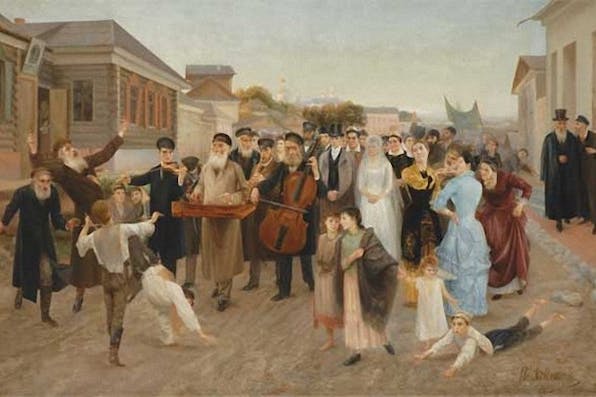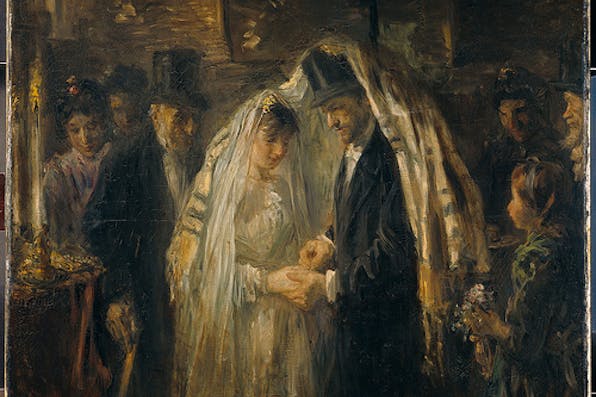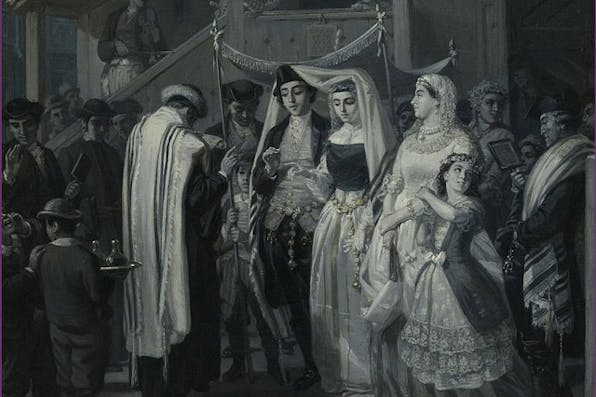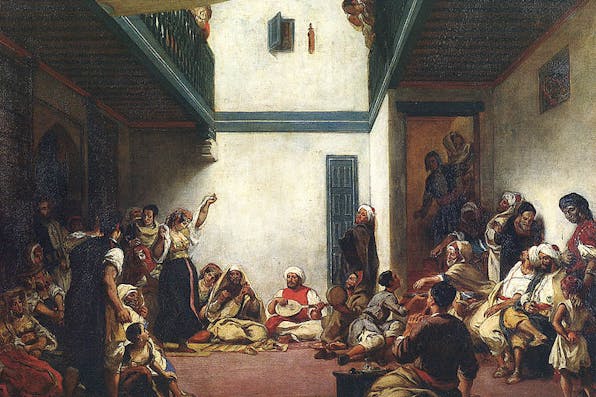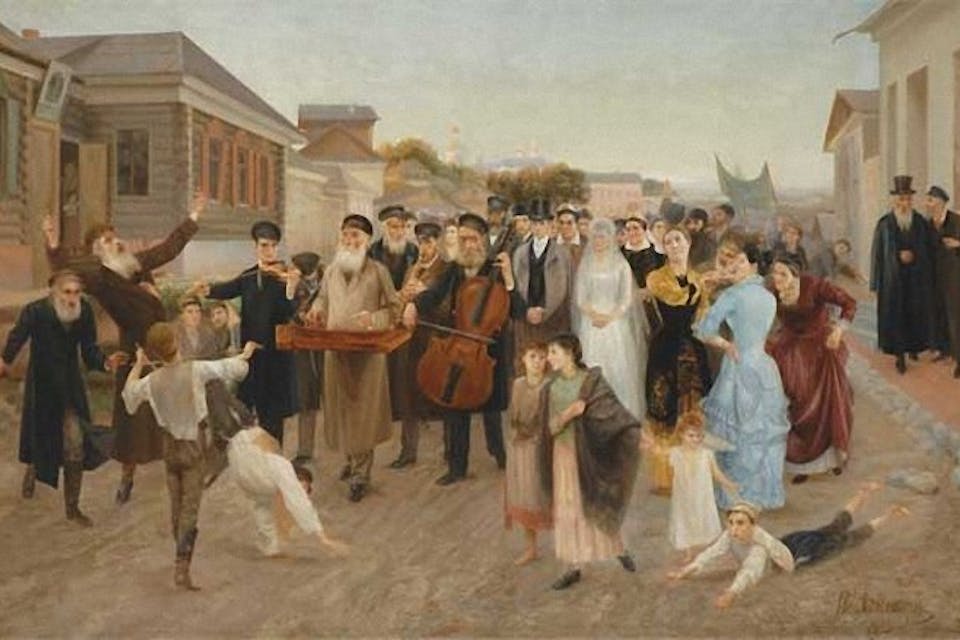
February 13, 2014
From “We” to “I”
The greater threat to Jewish mores stems not from same-sex marriage but from heterosexual promiscuity.
Sam Schulman’s very thoughtful essay, “Same-Sex Marriage and the Jews,” reminds us of the centrality of procreation in the Jewish conception of marriage. Yet his thesis overlooks the other central component in the Jewish understanding of marriage: existential communion or, in plain English, love. This has broad implications, not all of them obvious, for his analysis of the approach taken by non-Orthodox Jewry to Jewish same-sex marriage, and for any thinking about how Jews and others might be re-attracted to the traditional marital framework.
Schulman does not offer a judgment on whether Jews are wrong to endorse same-sex marriage for Americans in general—as, in overwhelming numbers, they do. But he is emphatic in insisting that the move by non-Orthodox denominations to extend Jewish marriage to gay Jews not only violates the law of Jewish marriage as enunciated in the Bible and elaborated by the talmudic rabbis but “nullifies the meaning of the institution.”
This is true enough, but might one not say the same about other biblical laws and beliefs that non-Orthodox Jewry has abandoned? Why, in the case of marriage, is it especially important to continue to grant special status to the traditional conception? What core Jewish values and interests are represented by traditional marriage, and how will redefining Jewish marriage to include same-sex marriage undermine those values and the collectivity that embraces them?
